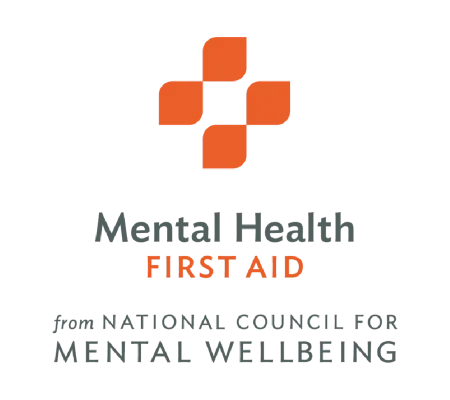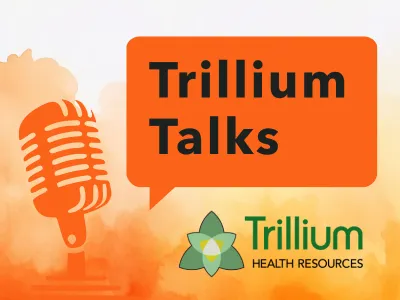Trillium Talks
We’re excited to bring you the first episode of Trillium Talks! Each episode will take a deep dive into the people behind and impacted by Trillium’s programs. This month, a Mental Health First Aid (MHFA) participant shares her experience and how she uses the training at work and home. We also hear from one of Trillium’s MHFA trainers about their take on the program’s impact.



